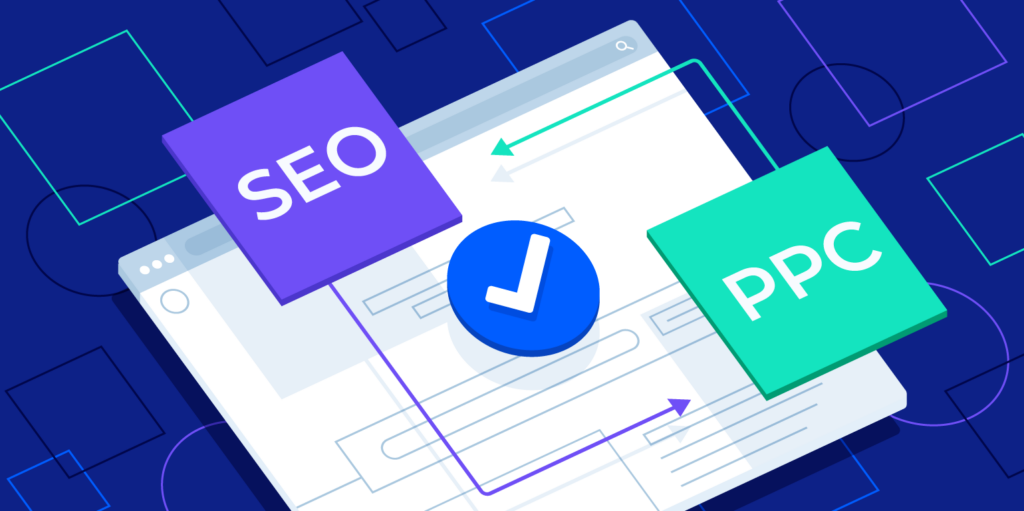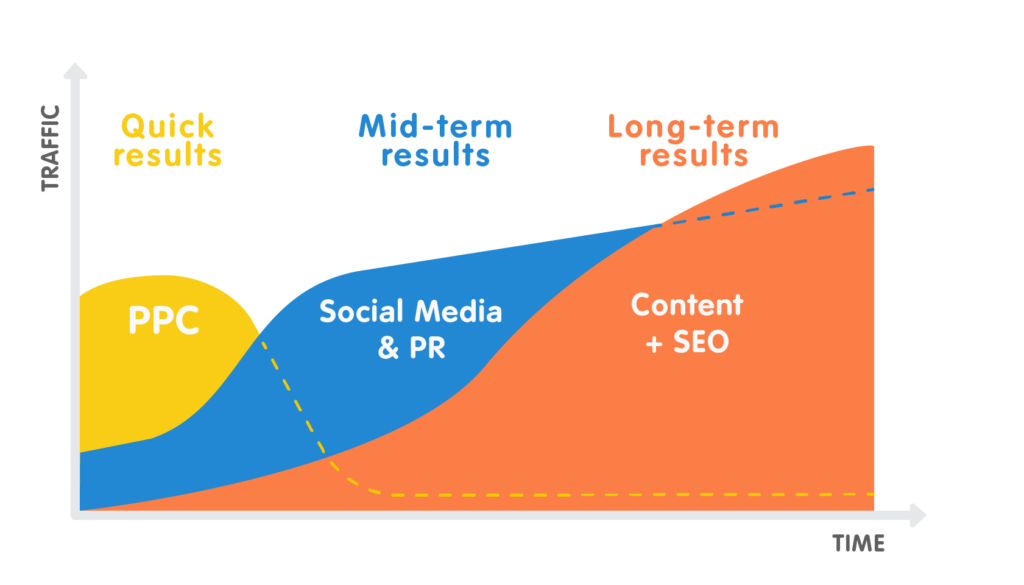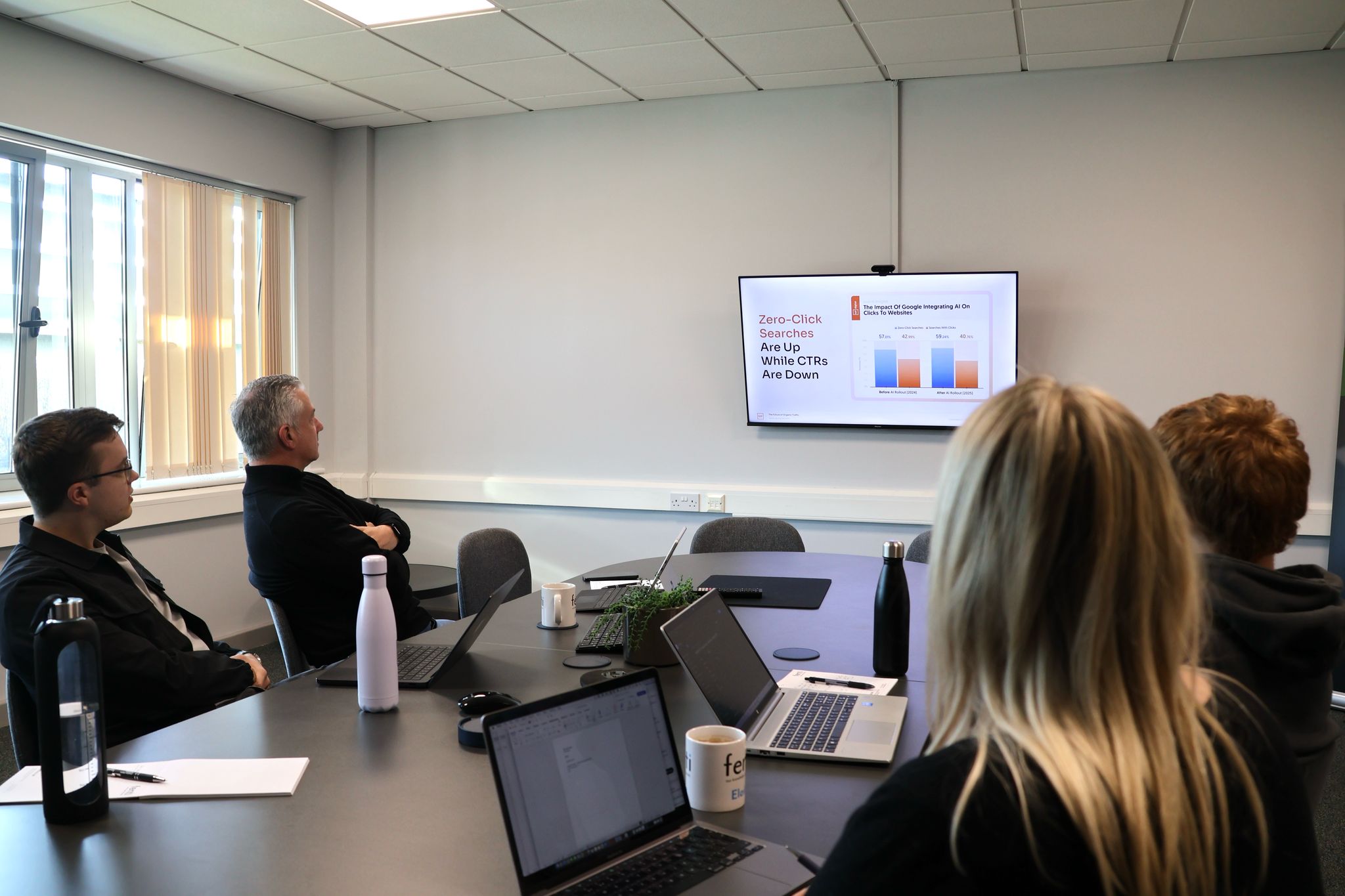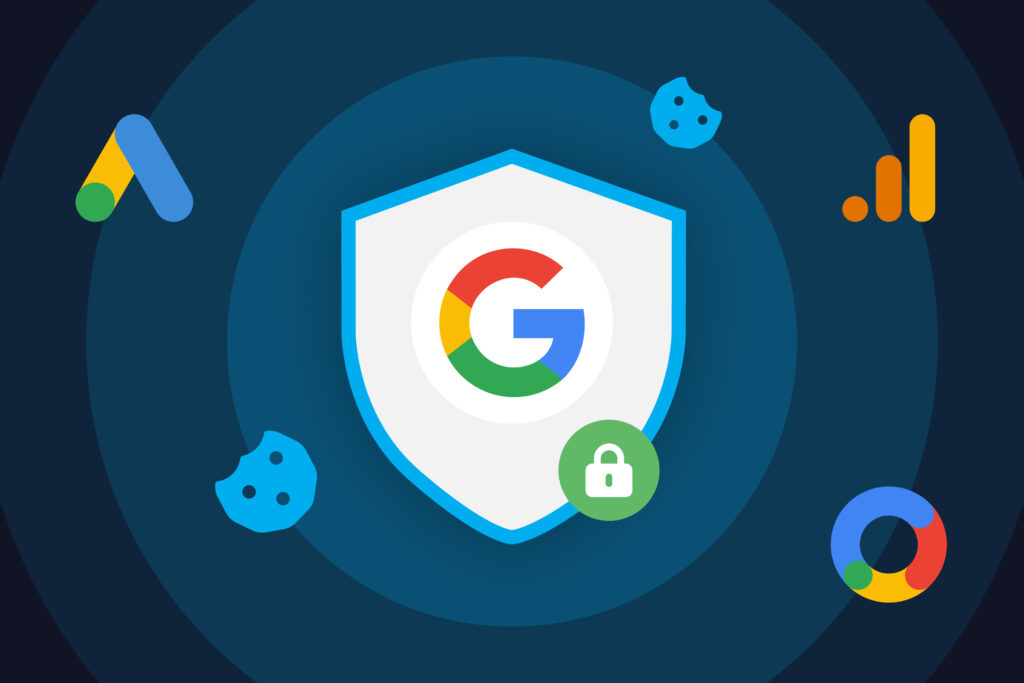It’s a question that we are asked by our clients time and time again. Getting that new website spot on is only the first step, next you need to make sure that you are driving the right type of traffic there, and getting in front of your target audience. When most people are looking for a new product or service, they’ll most probably head to one of the key search engines on the internet and use key words to find what they are looking for. Google is the market leader and processes over 3.5 billion searches every day, which equates to a staggering 40,000 searches per second – pretty impressive stuff!
So, the question is, how are you going to get the search engines to notice that your website exists and produce it as a search result? This is where SEO and PPC advertising come into play, and whilst their end goal is the same, they are different concepts that require different techniques.

Before we go any further, let’s break down what SEO and PPC advertising…
SEO – Search Engine Optimisation. Traffic coming from SEO is organic and free. Although, it’s important to note here that the tactics required to make you rank highly through organic/natural measures can cost you money and do take time, but will probably prove to be well worth the investment.
PPC – Pay Per Click. Traffic coming from PPC is paid for, and as the name states you pay per click through to your website.
PPC results in the search engines are often shown at the top of the page or to the right and are marked as an ‘Ad’. Once you get past these on the results pages, that’s when you’ll get to the organic results that good SEO tactics bring.
So where to start? And which approach is better? This all depends on your requirements and budget. If you want high volumes of traffic and fast, and you’re willing to pay for it, then PPC might be the best fit for you. If you’re operating on a smaller marketing budget, it may make more sense to invest time in achieving high search rankings through SEO techniques.
When considering PPC, it’s important to note that you can set a daily spending limit and this can be low or as high as you would like, depending on your budget and how aggressive you want to be with your campaign. It’s also important to look into the average cost per click (CPC) for your industry, and take a look at what your competitors are paying. There are free tools online to use to find out the cost per click for certain phrases and what advertisers are willing to bid for these keywords.
Another important consideration to make is how competitive the search engine results pages are for your target keywords. (Your keywords being the words people would use to find your business, product or service in a search engine). Again, there are free tools online to do this and you can enter your keywords and find out the estimated competition level, as well as the number of advertisers bidding on your keywords and the average cost per clicks.
Needless to say, with a mass of information out there it’s no wonder people get bogged down in all the jargon and are left wondering which approach is best for their business. Although there really isn’t a ‘one size fits all’ approach, if you start by considering these important factors first, you’ll be well on your way to deciding which technique is best for you, or a combination of the two, which can bring very powerful results.

Contact us
Need advise or guidance on SEO or PPC advertising? Choose an experienced web design agency who genuinely cares about making a difference. Call Fenti now on 0114 2180 626 for a quote, or make sure to get in touch with us through web form as soon as you can. Take control of your online brand with the best team in the business.



